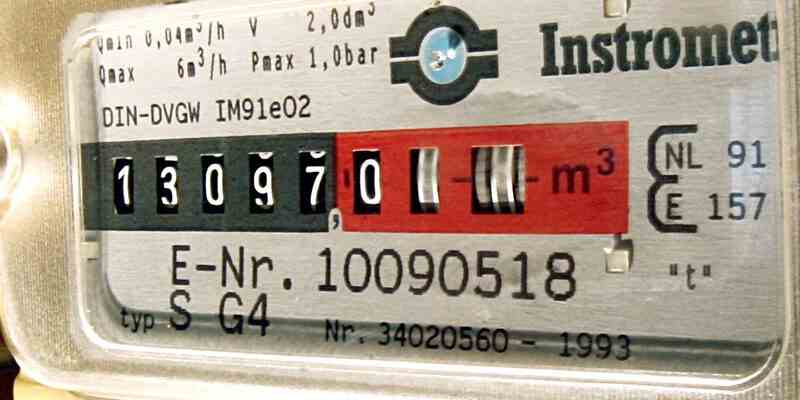analysis
Status: 11/22/2022 6:15 p.m
The federal government has filled the “winter gap”: The price brakes for electricity and gas are to apply from January. It is not yet clear what the additional costs will be.
A “winter hiatus” was threatening – the Union parties in particular had complained, accompanied by the prime ministers of all parties. Now the federal government has reacted: there should be relief in electricity and gas prices as early as January.
Although the price brakes for electricity, district heating and gas will not officially be introduced until March, they should also apply retrospectively to January and February. The SPD-led Chancellery, the Economics Ministry led by the Greens and the FDP-led Finance Ministry have agreed on this and introduced a corresponding draft law. The Bundestag and Bundesrat should then discuss and agree by December 16th.
The price cap is intended to encourage people to save on electricity and gas
The technical details are based on the proposals of the Gas Price Commission. The price is subsidized for 80 percent of the current annual consumption: The price for private households and small companies is to be limited to twelve cents per kilowatt hour for gas, for district heating to 9.5 cents and for electricity to 40 cents.
Anyone who consumes more pays the contractually valid price, which can be significantly higher than these values. This regulation is intended to maintain the incentive to save electricity and gas.
The suppliers now have to calculate
The main burden of implementation lies with the suppliers, for example the municipal utilities. You had emphasized that a faster start of the price brake than March 2023 was not feasible. Now you have numerous calculations to do. For most households, consumption from the previous year is taken as the basis for the 80 percent.
There are special rules for those who have recently moved or for whom the consumption of 2021 cannot be used as a basis for calculation for other reasons. This applies, for example, to households that have meanwhile switched from gas heating to a heat pump – although they now consume less gas, they consume more electricity. There should be a consumption forecast for these households.
Additional relief in January and February
However, the first challenge for the suppliers is already in December: The down payment for gas is then to be completely taken over by the state for one month. This part of the Gas Price Commission’s recommendations was actually intended to bridge the “winter gap” until the start of the price brake in March 2023. Nine billion euros are earmarked for this.
With the additional relief in January and February, there is now more or less double help – cost alone for gas: five billion euros. From the point of view of households and small businesses, this may be an important support. But it is also clear that not everyone needs this help, which also includes subsidizing the much-discussed heating for the pool.
The reimbursement of the down payment in December should bridge the “winter gap” on the recommendations of the gas price commission.
Image: dpa
Relief will be funded by future taxpayers
In addition, the relief must be financed. The billions for the gas and electricity price brake have not yet been determined. The amount will depend in particular on how prices develop before the price brakes expire at the end of April 2024.
But one thing is already clear: The gas alone should be worth more than 50 billion euros – financed by debt. This means nothing other than that the additional consumption today has to be financed by future taxpayers.
Union parties jointly responsible for debt
The Union parties may consider it a success that they have been able to push the traffic light coalition on in terms of relief for a long time – with the constantly repeated accusation that the government is supporting the energy crisis too late and not enough. At the same time, the CDU and CSU are now jointly responsible for the billions in debt that the SPD, Greens and FDP are taking on for the relief packages. Budgetary discipline is having a hard time right now across party lines.
Plans for electricity and gas price brakes are becoming more concrete
Hans-Joachim Vieweger, ARD Berlin, 22.11.2022 4:57 p.m

